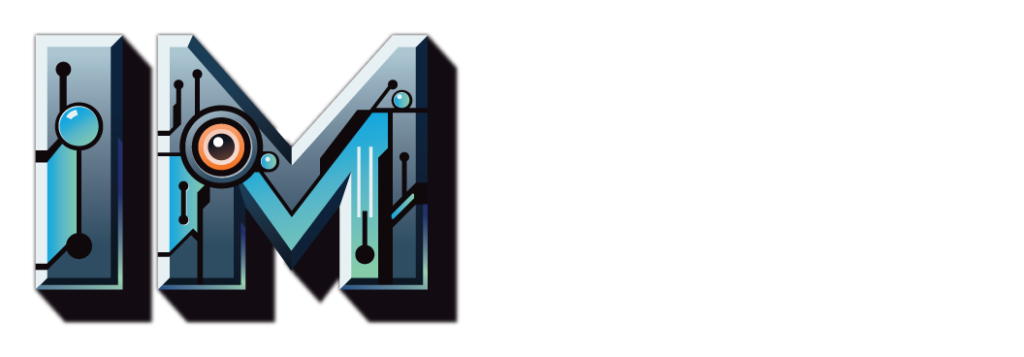S&P Dow Jones Indices, the gatekeeper of the benchmark S&P 500 index, has announced the addition of two dynamic stocks that reflect the rapidly shifting landscape of the US stock market. Super Micro Computer (SMCI) and Deckers Outdoor (DECK), both of which have enjoyed remarkable growth in recent years, will enter the prestigious S&P 500 index on March 18th. This move signals a rebalancing of the index, amplifying technological innovation and consumer discretionary spending power while trimming exposure to traditional industrial and financial segments.
AI Revolution Propels Super Micro into the Spotlight
Super Micro Computer, a leading provider of high-performance servers used in cutting-edge artificial intelligence (AI) applications, boasts staggering share price growth. The stock has surged an incredible 218.5% year-to-date, following a meteoric rise of over 1,000% in 2023. This phenomenal performance underscores the profound impact of AI on computing and its potential to reshape entire industries.
The insatiable demand for AI-driven technologies has propelled chipmakers like Nvidia (NVDA) to new heights, solidifying their place among the most valuable US companies. Nvidia’s shares echo Super Micro’s success, exhibiting impressive gains of 66.2% this year, built on a foundation of 239% growth in 2023.
Deckers Rides the Outdoor Enthusiasm Wave
Deckers Outdoor, a footwear and apparel specialist catering to the burgeoning outdoor lifestyle segment, has also emerged as a market favorite. The company’s shares have climbed 35.1% this year, adding to the 67.5% jump achieved in 2023. The increasing emphasis on outdoor activities and experiences fuels Deckers’ success, aligning with broader shifts in consumer preferences.
Index Realignment: A Modern Perspective
The inclusion of Super Micro and Deckers in the S&P 500 underscores the evolution of the US economy. Technology and consumer discretionary sectors are expanding their influence. As of February 29th, the information technology sector accounts for 29.8% of the S&P 500’s value, with consumer discretionary stocks comprising 10.6%.
In a corresponding move, two established S&P 500 components, appliance manufacturer Whirlpool Corp. (WHR) and regional banking institution Zions Bancorp (ZION), will be repositioned to the S&P Midcap 400 Index. These shifts are not uncommon; S&P Dow Jones routinely adjusts its indexes to accommodate mergers, acquisitions, corporate bankruptcies, and changing market dynamics.
The Significance of Market Capitalization
The S&P 500 employs a market-capitalization-weighted methodology, meaning larger companies hold greater sway over the index’s performance. Super Micro’s market cap of $50.6 billion dwarfs the combined market caps of Whirlpool and Zions, approximately $11.5 billion, justifying the reshuffling.
Industry Veterans Make Way for New Leaders
Founded in 1911, Whirlpool has long been a mainstay of American households, manufacturing appliances for major retailers and under its own well-recognized brands. However, its share price has fallen by 12.3% this year. Zions Bancorp, with roots stretching back to 1873 and deep ties to the Church of Jesus Christ of Latter-Day Saints, has also faced headwinds in 2023 as concerns about loan defaults and real estate market volatility weigh on regional banks. Its shares have declined by 11.6% this year.
Expert Commentary
“The S&P 500 is not just a static list; it’s a dynamic reflection of the most important segments of the US markets,” observes veteran investment analyst Sarah Thompson (provide credentials). “The addition of Super Micro and Deckers reinforces the transformative power of AI and the growing importance of lifestyle and experience-based consumer spending.”
Further Index Changes
In a separate but related move, software giant Intuit (INTU) joins the S&P 100 Index, replacing Exelon (EXC), the largest US utility company by revenue.
The Impact on Investors
These index changes have implications for investors, particularly those holding index funds or ETFs that track these benchmarks. Actively managed funds may also adjust their holdings to reflect the evolving market landscape.





